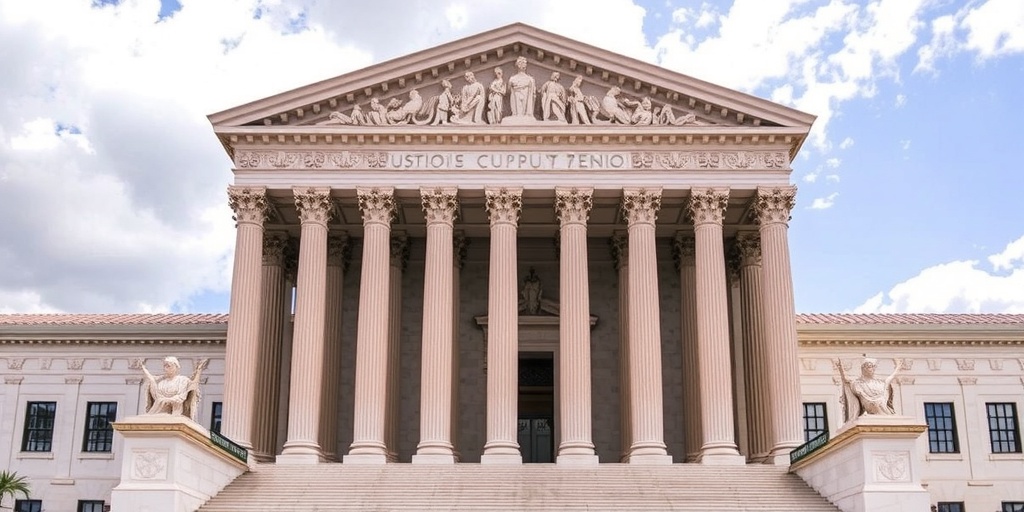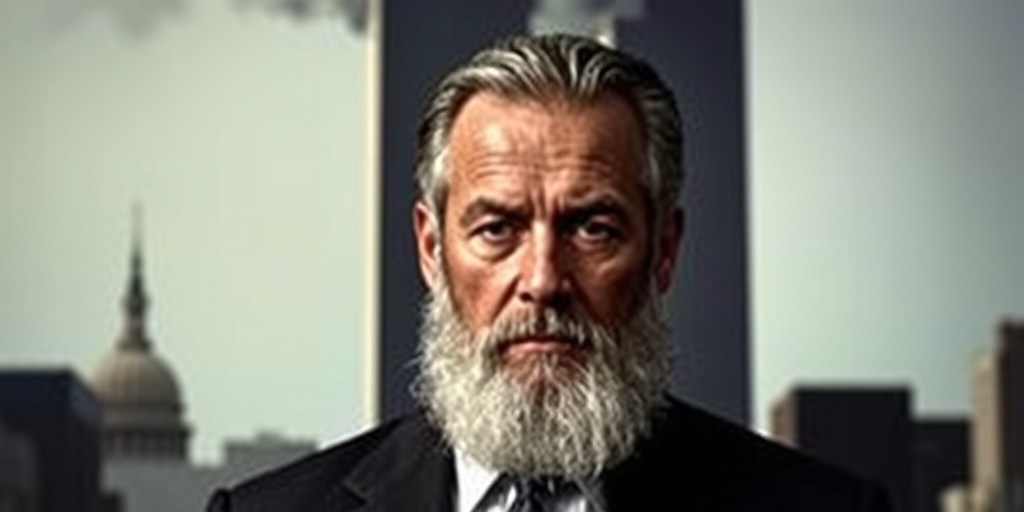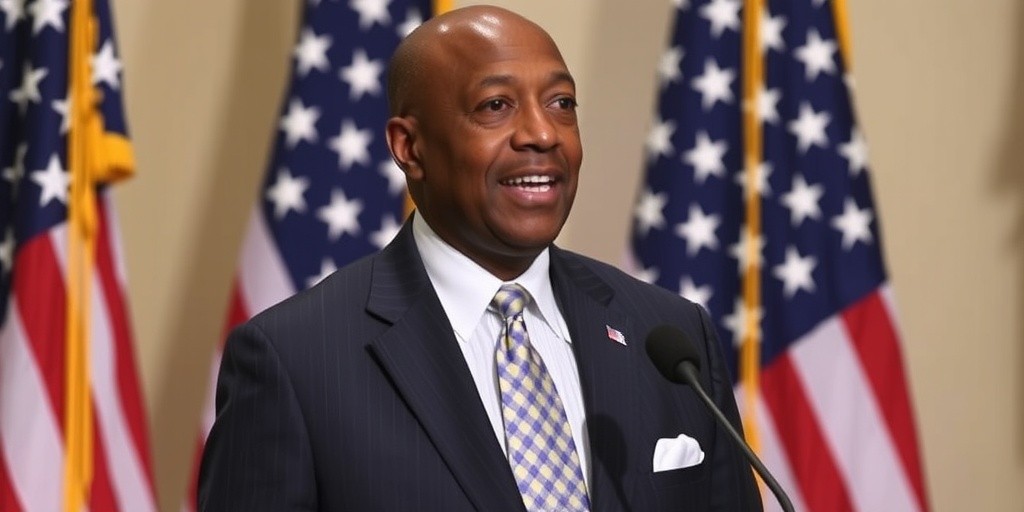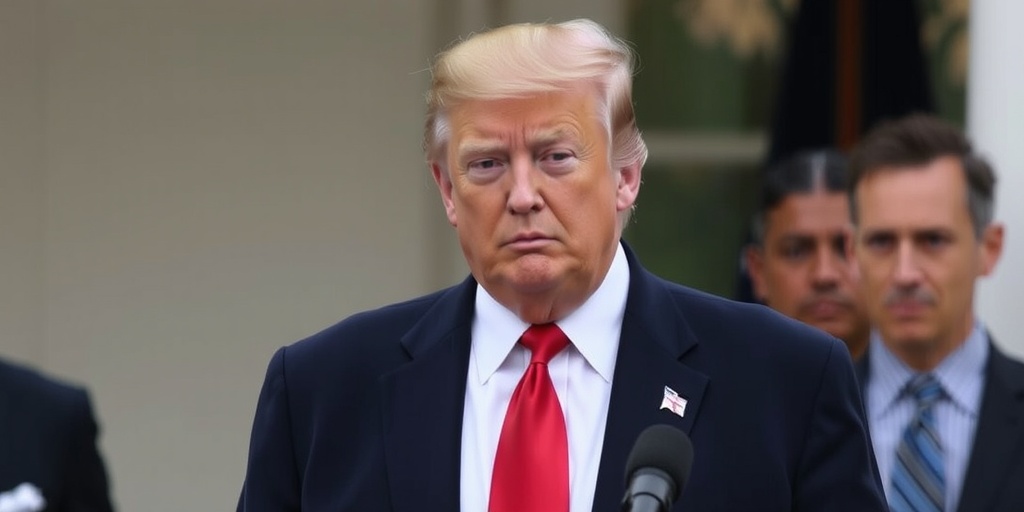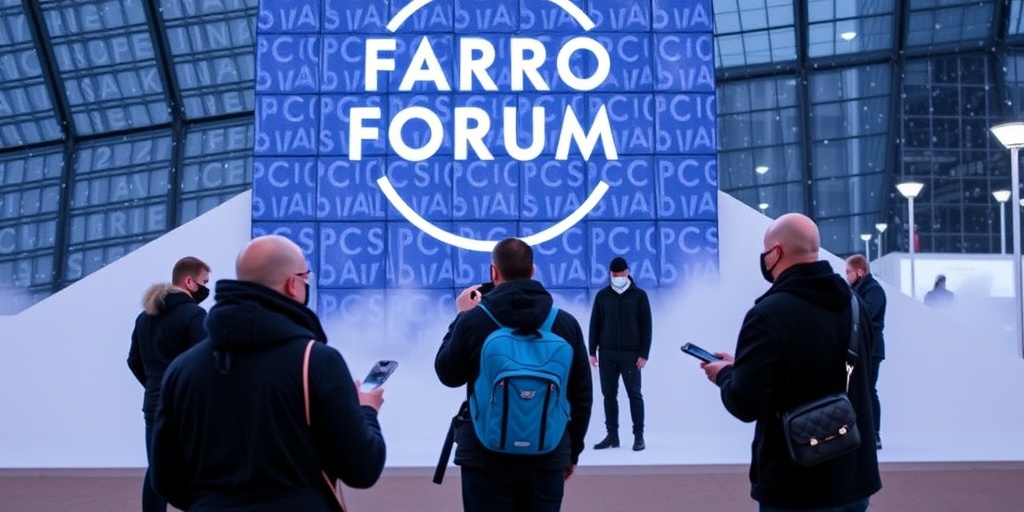Now Reading: RFK Jr. Aimed to Halt Covid Vaccinations Six Months Post-Rollout
-
01
RFK Jr. Aimed to Halt Covid Vaccinations Six Months Post-Rollout
RFK Jr. Aimed to Halt Covid Vaccinations Six Months Post-Rollout
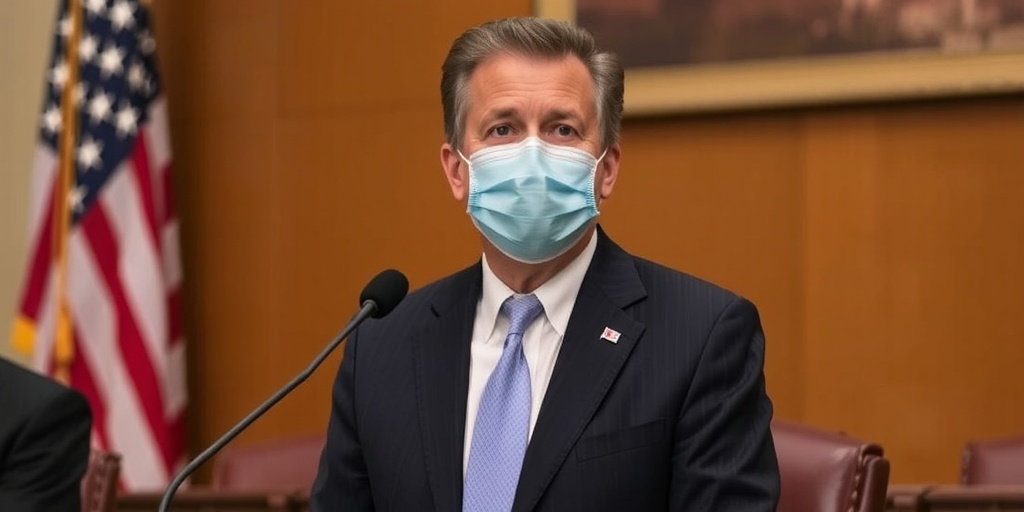
Robert F. Kennedy Jr. Calls for Revocation of Covid Vaccines Amid Ongoing Pandemic Crisis
Robert F. Kennedy Jr., the designated leader of the nation’s health agencies under President-elect Donald J. Trump, has recently taken a bold stance by urging the Food and Drug Administration (FDA) to revoke the emergency use authorization of all Covid vaccines. His petition, filed in May 2021, came at a critical time when the pandemic was still claiming thousands of lives each week. At that juncture, a significant portion of the American population was actively getting vaccinated, and many public spaces, including schools and places of worship, were beginning to reopen.
The petition was filed through the nonprofit organization he founded, Children’s Health Defense, where he claims that the potential risks of the Covid vaccines outweighed their benefits. Kennedy posited that alternative treatments, like ivermectin and hydroxychloroquine, were available and suggested that the vaccines were unnecessary. These treatments, however, have been widely criticized and deemed ineffective against the virus by health officials.
When Kennedy lodged his petition, many public health experts were taken aback, considering his call for the FDA to withdraw authorization for the vaccines an "appalling error of judgment." John Moore, an immunology professor at Weill Cornell Medical College, expressed dismay at Kennedy’s position, while Gregg Gonsalves, an epidemiologist at Yale, compared the prospect of Kennedy overseeing federal health agencies to “putting a flat earther in charge of NASA.” Dr. Robert Califf, the current FDA commissioner, echoed similar sentiments, deeming Kennedy’s push to halt vaccine use a “massive error.”
Despite the petition’s initial obscurity, its implications were grave. Underlining the potential consequences of Kennedy’s views, he has faced scrutiny regarding his philosophy towards vaccines, especially given the current climate around public health. Concern has been raised about how he might respond to future health crises, including the potential threat of a bird flu pandemic, highlighting fears that his approaches could severely undermine effective public health responses.
While he has been vocal about his skepticism regarding Covid vaccines, Kennedy recently stated that he does not wish to take vaccines away from those who want them. In debates about the overall efficacy of the vaccines, he expressed concerns about their inability to prevent virus transmission and emphasized the need for stronger scientific foundations behind vaccine approval processes.
Kennedy has repeatedly asserted that he is not anti-vaccine, but many public health professionals remain apprehensive. Prior to his confirmation hearings before Senate committees, he will likely encounter a barrage of questions regarding his stance on vaccination and public health policy. Notably, in mid-2023, Kennedy admitted during a House panel discussion that he had received all his recommended vaccines except for the Covid vaccine.
In a notable defense, Trump recently argued that Kennedy would not be as radical as some presume, reinforcing his support after allegations surfaced regarding Kennedy’s past petitions related to the polio vaccine’s safety. Trump alleviated some public fears, stating that Kennedy might focus on more balanced vaccine policies.
Regardless of Trump’s assurances, the historical context of Kennedy’s anti-vaccine rhetoric paints a troubling picture. For instance, he has claimed that the Covid vaccine was the “deadliest vaccine ever made” and has promoted misleading narratives surrounding vaccine-related deaths. One example mentioned was the controversial assertion linking the death of baseball legend Hank Aaron to his Covid vaccination, which was refuted by medical officials.
In legal battles, Kennedy has engaged in lawsuits claiming that parents have concerns regarding children being vaccinated without consent. His critics stress that the broader implications of having Kennedy as a leading authority in health could foster an environment that threatens public safety and health measures, especially given the ongoing Covid pandemic.
As Kennedy prepares for his confirmation, the implications of his past criticisms and views on vaccinations remain a crucial topic of concern for public health experts and lawmakers alike. With significant responsibilities ahead, including overseeing an $8 billion budget for the Vaccines for Children program, many are left questioning how his leadership would shape the direction of health agencies during crucial times.
In conclusion, if confirmed, Kennedy’s influence over the selective deployment and funding of vaccines in the U.S. will be closely watched, as many believe his past stances could hinder effective public health strategies in the event of future health emergencies. Expert opinions vary widely, with advocates for transparency in vaccine development underscoring the need for science-based approaches while countering misinformation about vaccines. The tension surrounding Kennedy’s potential confirmation reveals deeper societal divisions on health policies and their implications for safeguarding public health.
Stay Informed With the Latest & Most Important News
Previous Post
Next Post
-
 01New technology breakthrough has everyone talking right now
01New technology breakthrough has everyone talking right now -
 02Unbelievable life hack everyone needs to try today
02Unbelievable life hack everyone needs to try today -
 03Fascinating discovery found buried deep beneath the ocean
03Fascinating discovery found buried deep beneath the ocean -
 04Man invents genius device that solves everyday problems
04Man invents genius device that solves everyday problems -
 05Shocking discovery that changes what we know forever
05Shocking discovery that changes what we know forever -
 06Internet goes wild over celebrity’s unexpected fashion choice
06Internet goes wild over celebrity’s unexpected fashion choice -
 07Rare animal sighting stuns scientists and wildlife lovers
07Rare animal sighting stuns scientists and wildlife lovers













